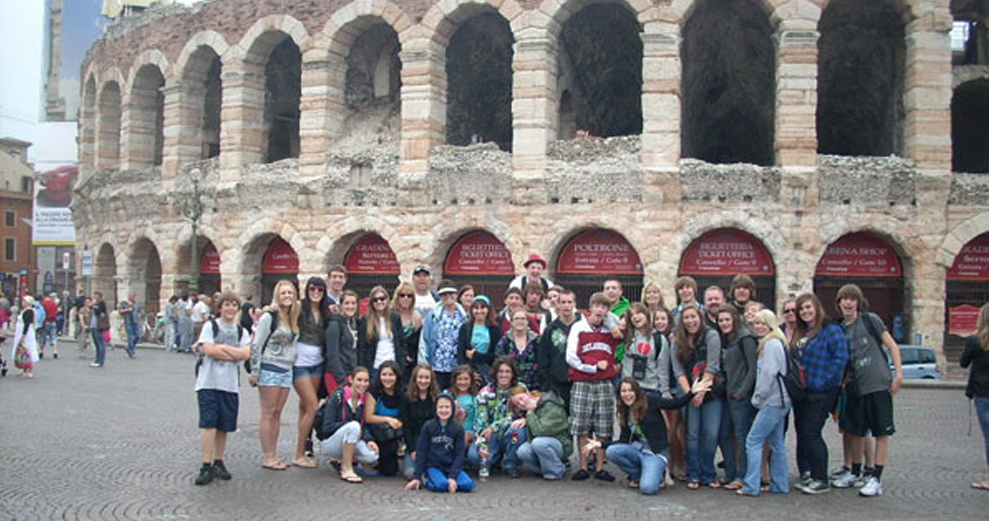“That sounds like fun. If you need a chaperone, let me know!”
Knowing who to recruit or take up on their offer could have a huge impact on the overall tone of your trip. The right chaperones could make a trip run more smoothly than ever, and the wrong chaperones could make it feel as though you have even more kids to monitor. Before you travel, make sure chaperones have a clear understanding of expectations. These may include:
- The trip cost.
- If they’re sharing a room, and with whom.
- Rules and guidelines they’re expected to enforce.
- Whether they will have any down time, away from students.
- Whether it’s acceptable for chaperones to drink beer, wine, or other alcoholic beverages, or use tobacco.
- Whether they’re expected to actively participate in activities, or just be present. (Are they willing to zipline, take dance lessons, hike a volcano, interact with students at a local school, et cetera?)
- If they’ll occasionally be responsible for small groups of students, without the group leader.
Discuss these expectations before formally extending an invitation to chaperone; if you notice reluctance, it’s not too late. Learning a chaperone isn’t willing to participate in planned activities after his or her trip deposit is paid could create an awkward situation. You may wish to create a printed list of expectations. Judi Tichenor, of Educational Travel Services, Inc., is developing a handbook to help clarify what is expected. Among the most important things for chaperones to understand, she said, is that the trip director is in charge. The chaperones’ job is to help support the director, whether or not they agree with each decision the director makes. For adults, it may be strange to take directions from another adult, especially if they affect their children.
It’s important, however, that chaperones act as a seamless team.
Click here to read this article in its entirety in the digital edition of Teach & Travel magazine.
Photo courtesy of Explorica Educational Travels.




